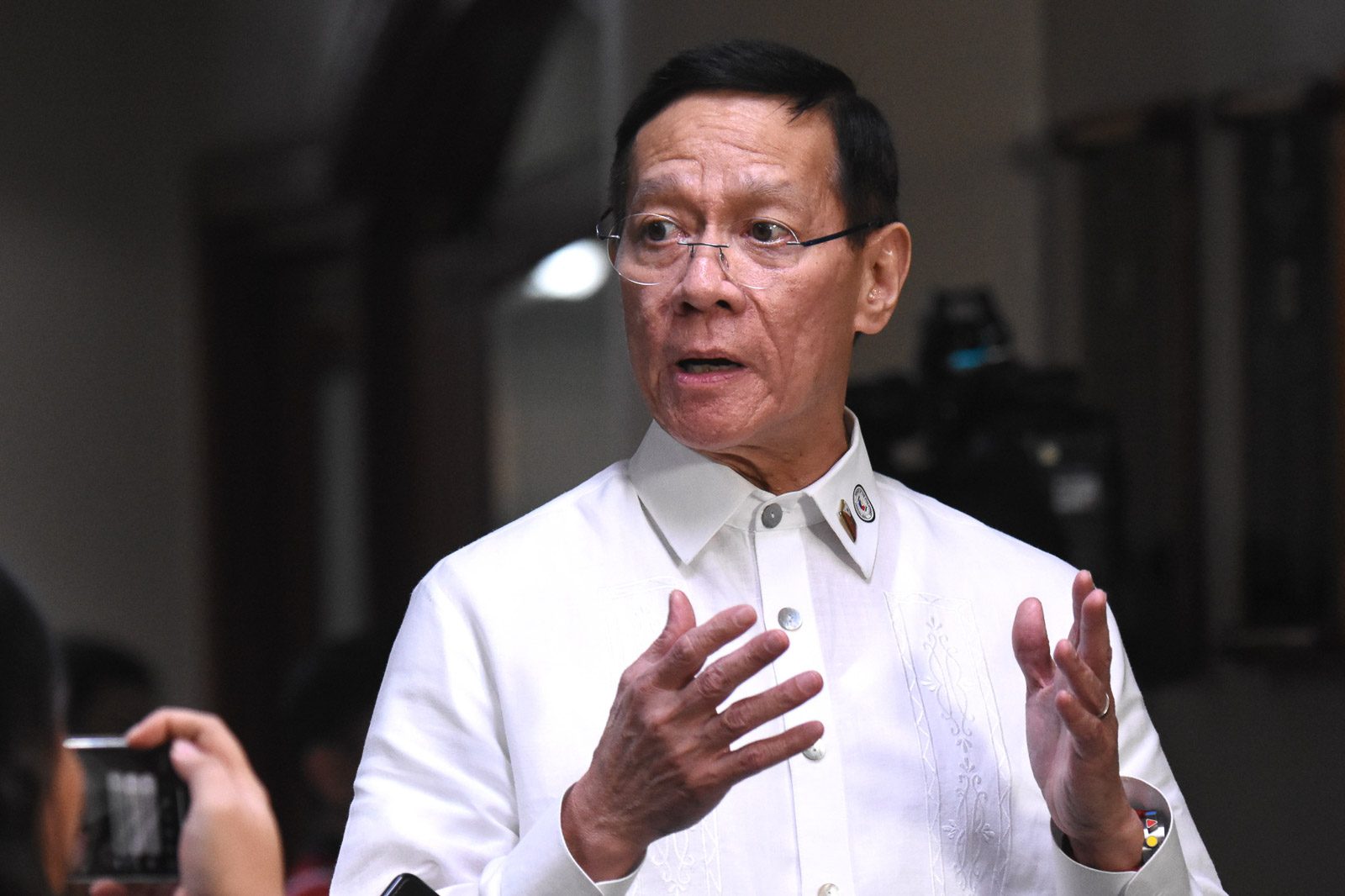SUMMARY
This is AI generated summarization, which may have errors. For context, always refer to the full article.

MANILA, Philippines – Health Secretary Francisco Duque III said “heads will roll” in the health department’s Epidemiology Bureau as a Senate hearing revealed gaps in its work identifying people who possibly came in contact with patients who tested positive for the 2019 novel coronavirus (2019-nCoV).
Speaking to reporters after the Senate hearing on the 2019-nCoV on Tuesday, February 4, Duque dodged criticisms of his “failure of leadership” and said that the problem was “within some of the operating units of the Department of Health (DOH).”
The epidemiology bureau of the DOH monitors the spread of infectious diseases, the latest of which is the emerging 2019-nCoV acute respiratory disease. The bureau is also supposed to take the lead in contact tracing, or tracking down people who have interacted with those positive for the virus. This included co-passengers on the flights they were on, as well as personnel in establishments and hotels they went to.
“I’ve always assumed that they already have the competence, that they already know what they’re doing, and that they are familiar with the protocols,” he said, adding that it is not his job to “get into operational details.”
“The secretary of health orchestrates everyone. When you orchestrate an ensemble, I am not going to get somebody to teach him to play the violin, I already expect him to know how to play the violin as the orchestrator. It is not a failure of leadership. It is probably a question of incompetence on the part of some of those who form part of the orchestra,” Duque added.
Senators took turns grilling Duque on the issue of contact tracing, which is crucial in quelling the spread of the virus, which has killed over 400 people and infected over 20,000 people in 25 countries, mostly in China.
The lawmakers pointed out the apparent lack of communication between the DOH and the Civil Aeronautics Board (CAB) and the Civil Aviation Authority of the Philippines (CAAP). It was revealed in the hearing that the government has reached out to only 17% or around 50 of the 331 passengers who may have come in contact with the country’s first two confirmed cases of 2019-nCoV.
Duque said that Cebu Pacific and Philippine Airlines, whose flights the carried the two confirmed cases, provided the DOH redacted flight manifestos, withholding the passengers’ contact information. But airlines invoked the Data Privacy Act.
But CAB and CAAP said it was unlikely that airlines would do this given the circumstances.
“We need to assess (the epidemiology bureau) for their competencies for that particular job. We will have to assess them right now. We will convene the epidemiology bureau to really find out,” Duque said.
Duque also said “aggressive contact tracing” would begin Wednesday, February 5. Upon the recommendation of Senator Ronald dela Rosa, the police would now be involved in the process of finding people who were possibly infected. “We need to talk to PNP to tell us exactly the cooperation that is needed, the coordination that is needed on the ground level when the contact tracing ought to be done,” Duque said.
As of Tuesday, February 4, the DOH was probing 80 people for 2019-nCoV. This figure included the 2 confirmed cases, 68 others who were still in hospitals, and 10 who have been discharged but are under monitoring. Of these, 48 samples are awaiting confirmation for the 2019-nCoV while 30 have tested negative. – Rappler.com
Add a comment
How does this make you feel?
There are no comments yet. Add your comment to start the conversation.